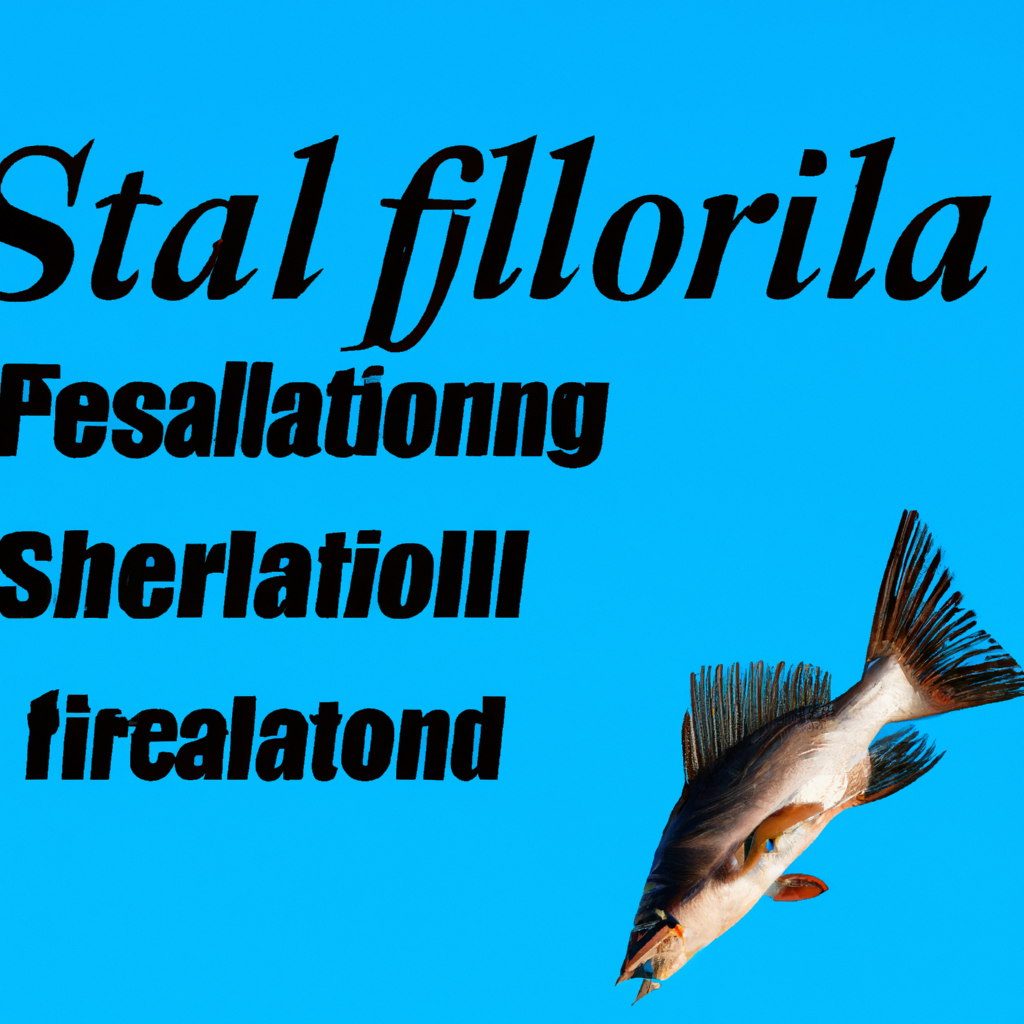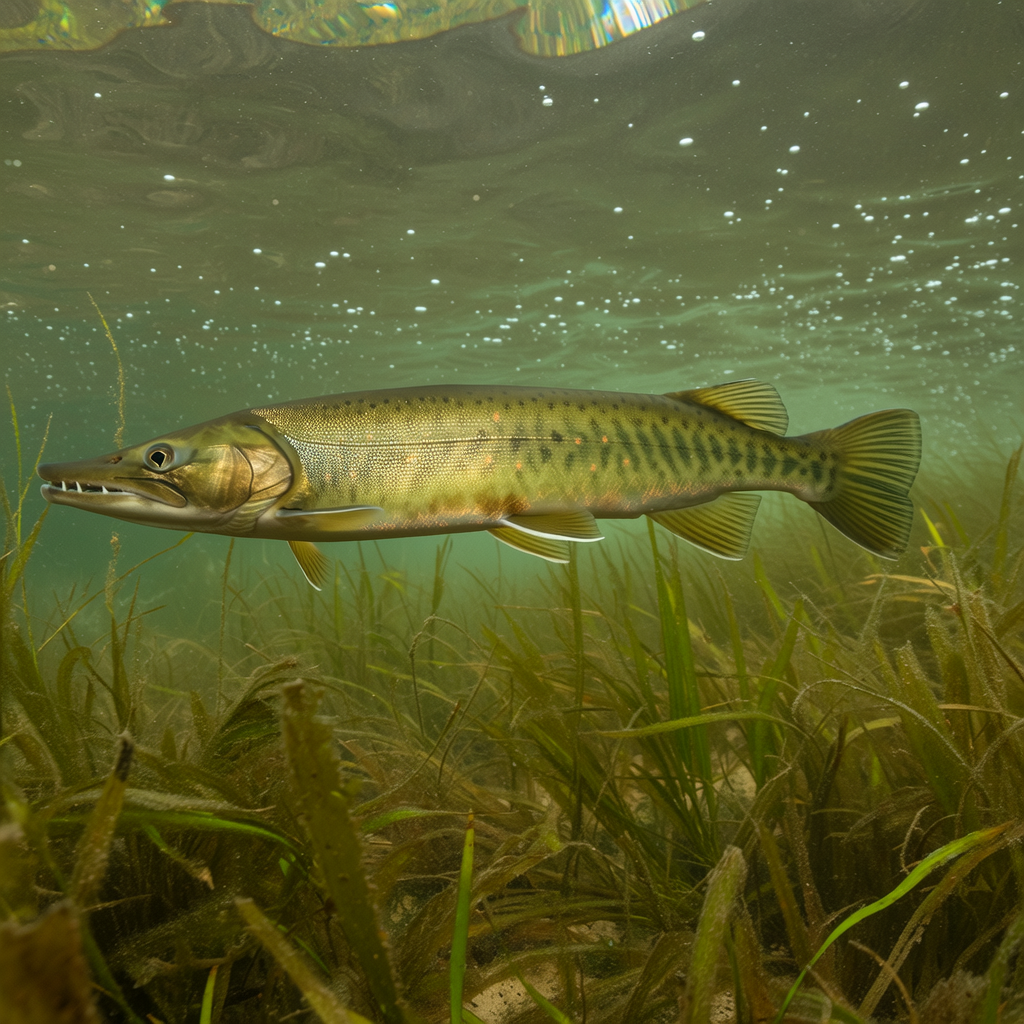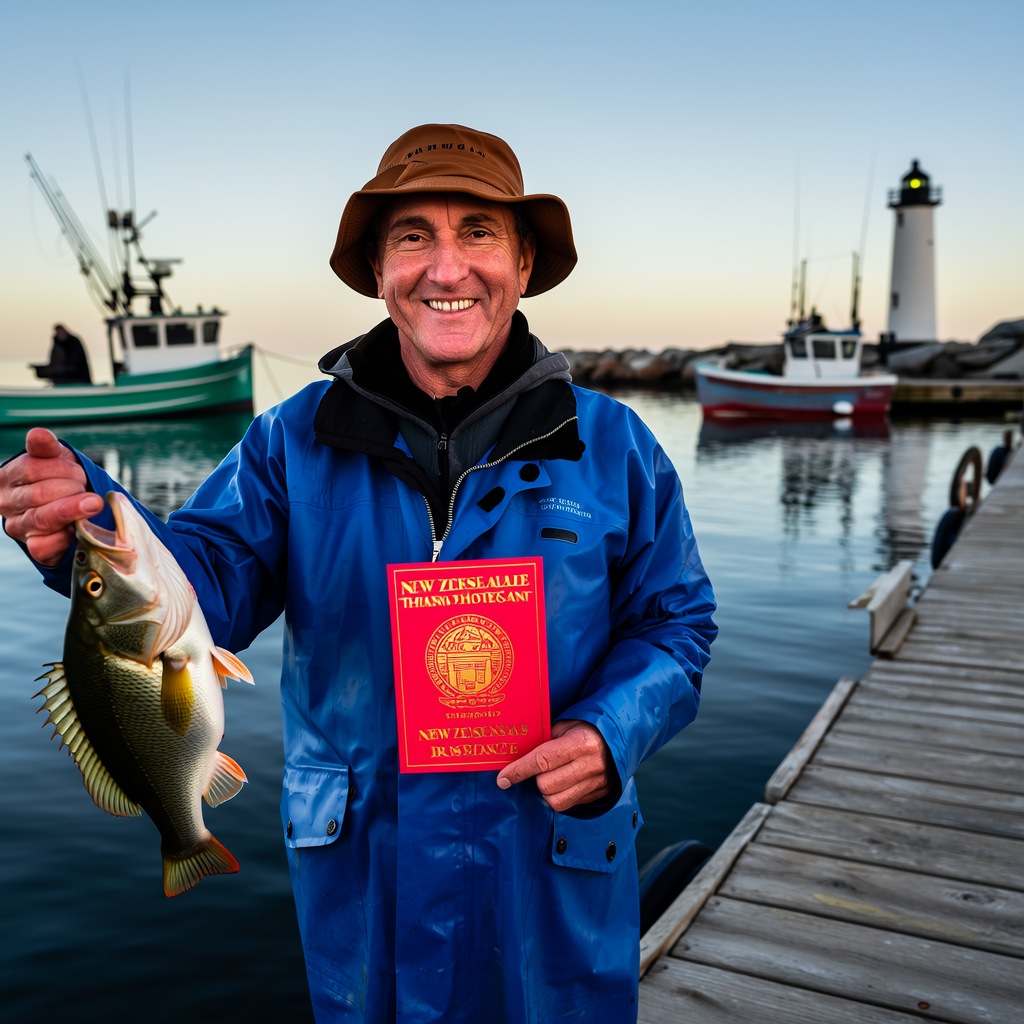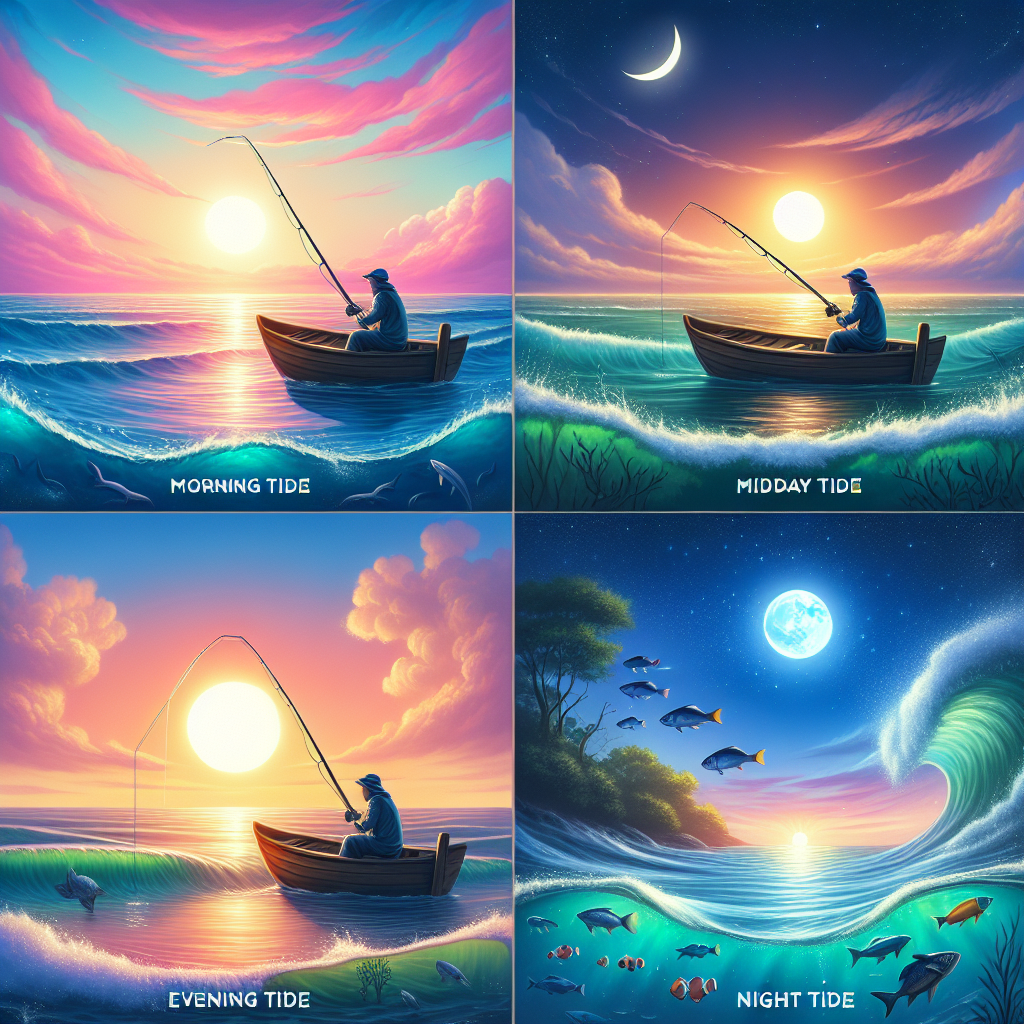Florida has some of the best opportunities for saltwater fishing in the United States. It’s important that you become familiar with the fishing regulations, whether you’re a novice or an experienced angler, to ensure the sustainability and protection of the marine ecosystem.
Why is it important to have a fishing regulation?
Fishing regulations exist to conserve fish populations, preserve biodiversity, and ensure sustainable recreation fishing. These regulations help maintain an equilibrium between the needs and wants of anglers, and the long-term healthiness of the marine environment. By following these rules you can protect fish stocks and ensure that future generations can enjoy fishing.
Florida Saltwater Fishing License
It is important to obtain a fishing license before engaging in any saltwater activities in Florida. Florida Fish and Wildlife Conservation Commission regulates fishing permits and offers different options based on your residency status and length of stay. You can buy a fishing license online via the FWC’s website or from various retail outlets including tackle shops and sports goods stores.
Fishing Seasons In Florida
Florida has seasons that are specific to certain species in order to protect their spawning or migration patterns. These seasons must be observed to avoid overfishing at times when fish populations are vulnerable. The FWC updates the fishing seasons every year and publishes them. It is vital to stay informed about the latest regulations.
Fishing Bag Size Limits
Bag and size limitations are in place to limit the number of fishes that can be caught, and to ensure that they are mature and successful at spawning. These limits can vary depending on species and location. To avoid penalties and promote sustainable fishing, it is important to know the size and bag limits of the fish you’re targeting.
Restrictions on fishing gear and methods
Florida has also enacted specific regulations on fishing gear and methods. These rules were put in place to protect non-targeted species and prevent damage to marine environments. In some areas, certain nets or hooks are prohibited. Before you go fishing, it is important to familiarize yourself with the restrictions on gear and methods.
Protected and Prohibited species
Florida has a number of protected and prohibited species in order to protect their populations or endangered marine life. These species are protected and it is illegal to possess or target them. Any interaction with these animals should be reported to authorities. Sea turtles, manatees and certain types sharks are all protected species.
Fishing Safety and Etiquette
It is important to follow fishing regulations and to be aware of them, but it is also vital to put safety first on your fishing trip. Wear a life jacket whenever you are on a boat, especially if it is in deep water. To maximize the survival rate of fish, use proper catch-and-release techniques. Be respectful of other fishermen, clean up your mess, and be aware of the marine environment.
Conclusion
Understanding and following Florida’s saltwater fishing regulations is essential for both the conservation of fish populations and recreational anglers. By obtaining a fishing license, adhering the fishing seasons, bag limits and size restrictions, and respecting equipment and method restrictions, you will contribute to sustainable fishing and help Florida’s diverse ocean ecosystem.




